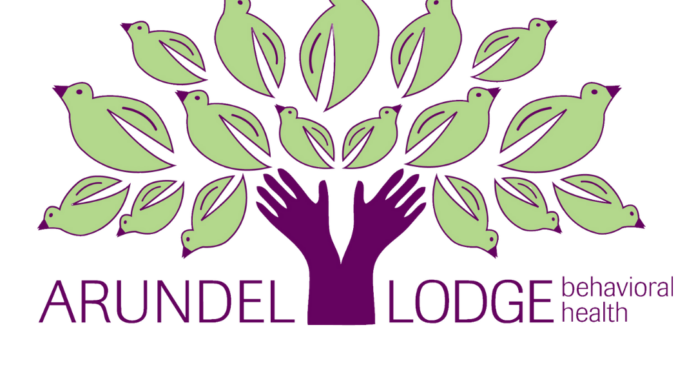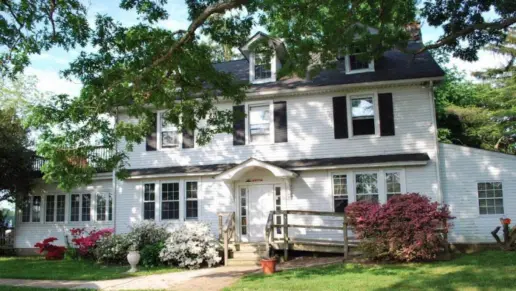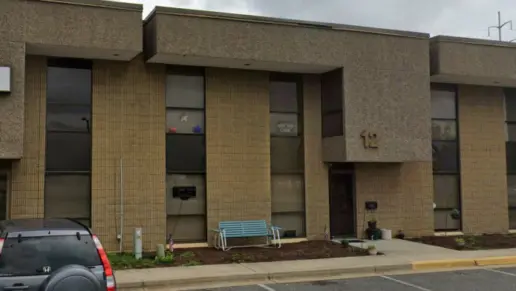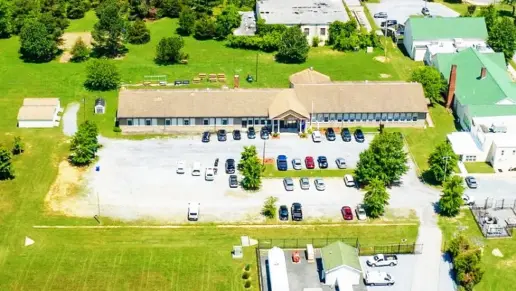I honestly don't see how these other reviews can be talking about the same place, I have seen what bad doctor's offices are like and this place isn't that...The staff here are friendly, patient and thorough. I can honestly say that I walked out of my first visit with a bette ...
About Arundel Lodge
Arundel Lodge in Edgewater, Maryland offers comprehensive mental health care and addiction treatment for adults 18 and older with substance use and co-occurring mental health disorders. Just minutes from Annapolis, their inclusive programs welcome everyone including military veterans, the hearing impaired and those who speak languages other than English.
Many clients use private insurance. They accept Magellan, United Healthcare, Cigna, Aetna, BlueCross Blue Shield and Tricare. If you don’t have insurance then they accept medical assistance. You can also pay with cash or a check.
Something unique about getting help here is that they use the Recovery Model. This method emphasizes that recovery is possible and encourages individuals to actively direct their care with support from peers and professionals.
The Residential Rehabilitation Program (RRP) serves a really unique group of people. They support deaf or hard of hearing clients, seniors and clients who need 24/7 supervision. What’s different about RRP is that the residents live in homes spread throughout the Annapolis area so they’re part of local communities while getting the care they need. Whether someone is getting ready to live independently or needs ongoing support, they’re in a safe, welcoming environment.
Another unique feature of RRP is the Open Eye Gallery. It’s a supportive space where clients explore creativity and showcase their art in local galleries. Many say creating art helps them find strength and cope with trauma.
The Day Program and the Integrated Substance Abuse Program are their outpatient treatment services. In the Day Program, you’ll learn life skills while figuring out how to manage symptoms and triggers. And you won’t need to worry about meals. All clients enjoy a hot breakfast and lunch!
Their Integrated Substance Abuse Program offers different levels of outpatient care so you can get the right amount of support depending on your needs. If you need help with detox then they provide medication assisted treatment (MAT).
To see if Arundel Lodge is the right fit for your needs, consider visiting during their walk-in hours, Monday through Friday from 9 a.m. to 11 a.m.
Latest Reviews
Rehab Score
Gallery
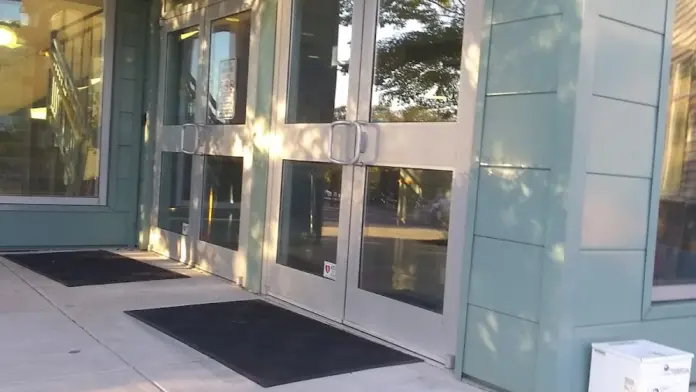
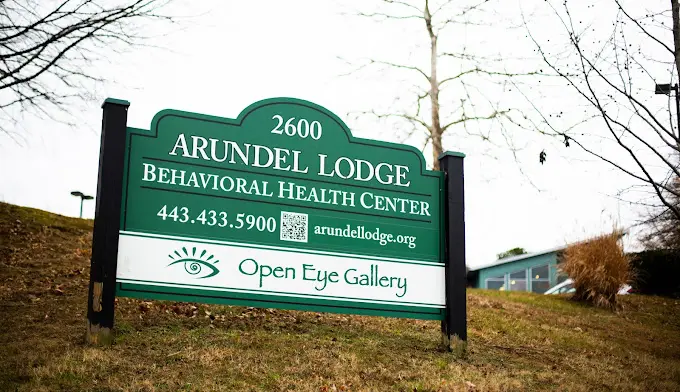
Location
Other Forms of Payment
Medicaid is a state based program that helps lower-income individuals and families pay for healthcare. Medicaid covers addiction treatment so those enrolled can use their coverage to pay for rehab. When a program accepts Medicaid the client often pays very little or nothing out of their own pocket.
Self-pay involves paying for treatment out of your own pocket. You can use savings or credit, get a personal loan, or receive help from family and friends to fund your treatment. If you don't have insurance or your insurance plan doesn't cover a specific program, self-pay can help ensure you still get the care you need.
Sliding scale payments are based on a client's income and family size. The goal is to make treatment affordable to everyone. By taking these factors into account, addiction recovery care providers help ensure that your treatment does not become a financial burden to you or your family, eliminating one barrier to care.
Medicare is a federal program that provides health insurance for those 65 and older. It also serves people under 65 with chronic and disabling health challenges. To use Medicare for addiction treatment you need to find a program that accepts Medicare and is in network with your plan. Out of pocket costs and preauthorization requirements vary, so always check with your provider.
Private insurance refers to any kind of healthcare coverage that isn't from the state or federal government. This includes individual and family plans offered by an employer or purchased from the Insurance Marketplace. Every plan will have different requirements and out of pocket costs so be sure to get the full details before you start treatment.
Addiction Treatments
Levels of Care
Treatments
The goal of treatment for alcoholism is abstinence. Those with poor social support, poor motivation, or psychiatric disorders tend to relapse within a few years of treatment. For these people, success is measured by longer periods of abstinence, reduced use of alcohol, better health, and improved social functioning. Recovery and Maintenance are usually based on 12 step programs and AA meetings.
Once a person has become addicted to a substance, drug rehab in Maryland is often necessary to overcome that addiction. These programs provide the tools individuals need to manage the physical, mental, and emotional issues involved and begin a successful recovery journey.
A combined mental health and substance abuse rehab has the staff and resources available to handle individuals with both mental health and substance abuse issues. It can be challenging to determine where a specific symptom stems from (a mental health issue or an issue related to substance abuse), so mental health and substance abuse professionals are helpful in detangling symptoms and keeping treatment on track.
Programs


Clinical Services
Cognitive Behavioral Therapy (CBT) is a therapy modality that focuses on the relationship between one's thoughts, feelings, and behaviors. It is used to establish and allow for healthy responses to thoughts and feelings (instead of unhealthy responses, like using drugs or alcohol). CBT has been proven effective for recovering addicts of all kinds, and is used to strengthen a patient's own self-awareness and ability to self-regulate. CBT allows individuals to monitor their own emotional state, become more adept at communicating with others, and manage stress without needing to engage in substance abuse.
Research clearly demonstrates that recovery is far more successful and sustainable when loved ones like family members participate in rehab and substance abuse treatment. Genetic factors may be at play when it comes to drug and alcohol addiction, as well as mental health issues. Family dynamics often play a critical role in addiction triggers, and if properly educated, family members can be a strong source of support when it comes to rehabilitation.
Group therapy is any therapeutic work that happens in a group (not one-on-one). There are a number of different group therapy modalities, including support groups, experiential therapy, psycho-education, and more. Group therapy involves treatment as well as processing interaction between group members.
In individual therapy, a patient meets one-on-one with a trained psychologist or counselor. Therapy is a pivotal part of effective substance abuse treatment, as it often covers root causes of addiction, including challenges faced by the patient in their social, family, and work/school life.
Trauma therapy addresses traumatic incidents from a client's past that are likely affecting their present-day experience. Trauma is often one of the primary triggers and potential causes of addiction, and can stem from child sexual abuse, domestic violence, having a parent with a mental illness, losing one or both parents at a young age, teenage or adult sexual assault, or any number of other factors. The purpose of trauma therapy is to allow a patient to process trauma and move through and past it, with the help of trained and compassionate mental health professionals.
Amenities
-
Residential Setting
-
Private Rooms
Staff & Accreditations
Staff
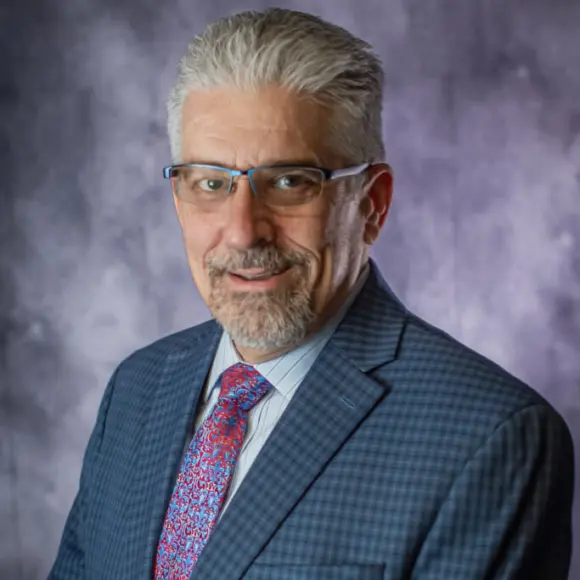
CEO
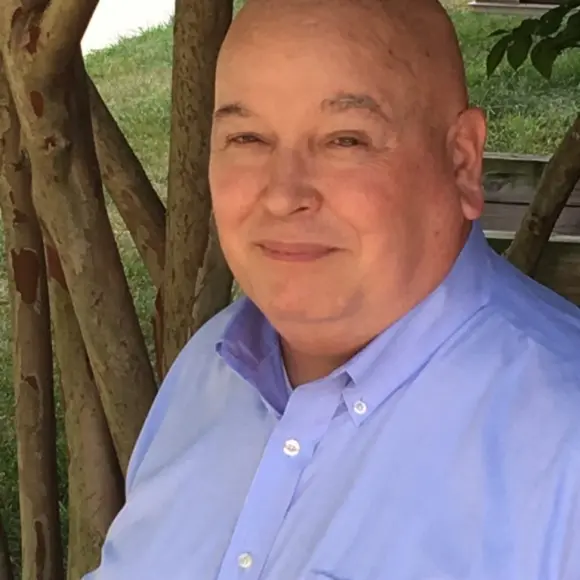
CFO

CCO

Director of Human Resources
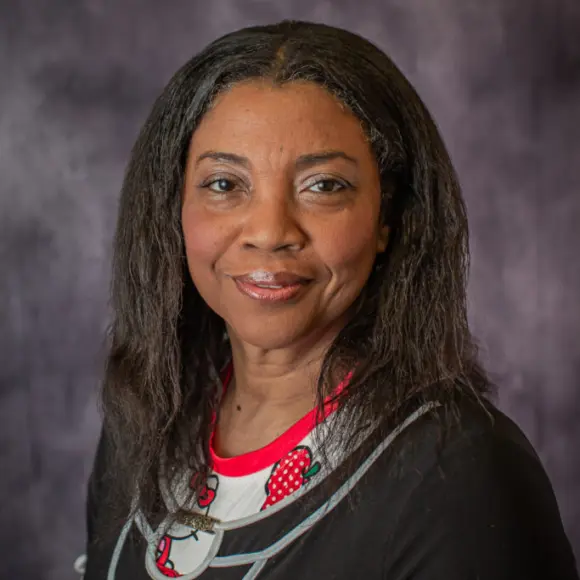
Director of Information Technology
Accreditations

The Commission on Accreditation of Rehabilitation Facilities (CARF) is a non-profit organization that specifically accredits rehab organizations. Founded in 1966, CARF's, mission is to help service providers like rehab facilities maintain high standards of care.
CARF Accreditation: Yes
Contact Information
2600 Solomons Island Road
Annapolis, MD 21037
